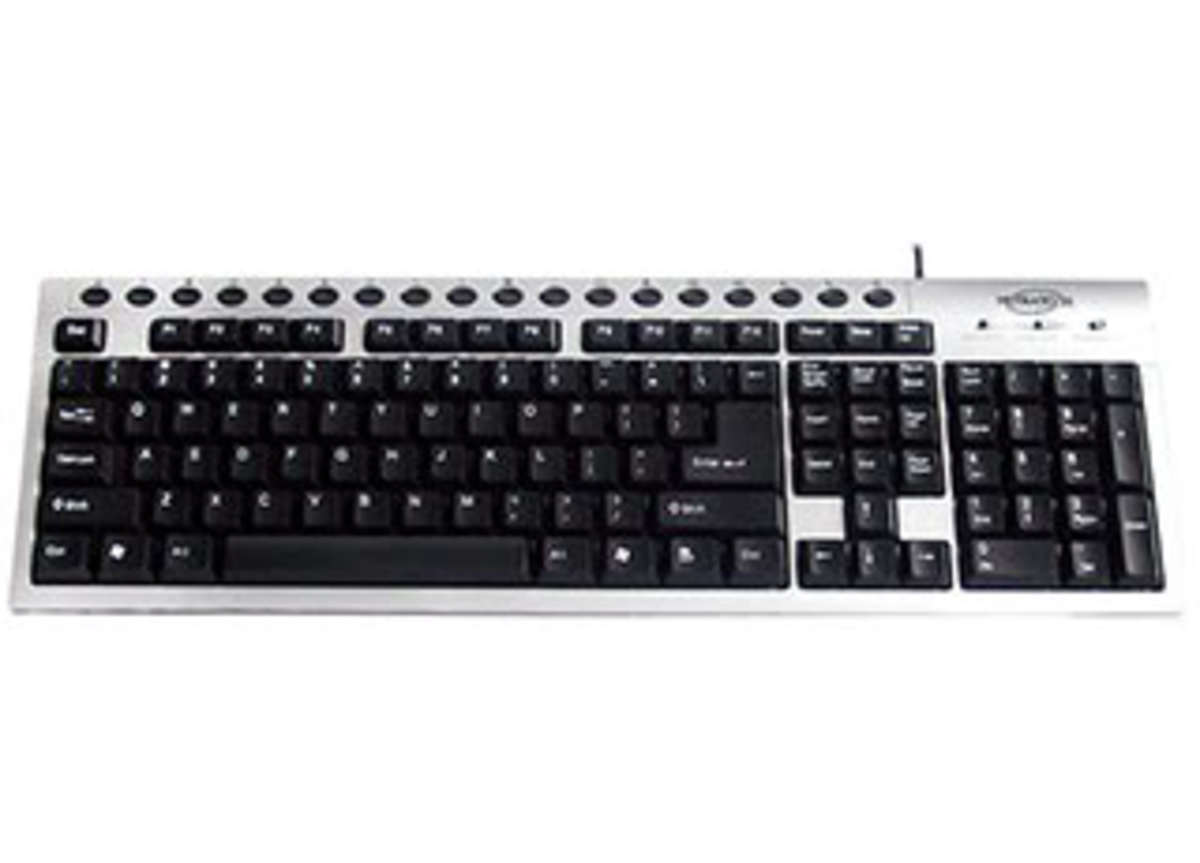Proofreading and Editing for Income
The Written Word

"Native English Speakers Preferred"
The Editing and Proofreading Profession seems to be growing
As English has dominated the computer industry and has already established itself as a world language, most young children learn English at an early age.
The only problem is that English is not at all logical. Spelling - who can explain it all? Words like the following defy logic, the only way to learn is by memorization:
- Pneumonia
- Phlegm
- Knife
- Telephone
- and many others
These examples are simply illogical to the point of being ridiculous. I'm sure you can think of many more...This has nothing to do with illogical expressions like "How is it going?" Every language has them, that is for sure.
Enter the Native Speaker. Believe it or not, a native English speaker is very much in demand to proofread texts and make them flow in a more natural way since international companies on the world wide web are hoping to advertise their goods and services to a wider market than ever before.
Tools like Google Translate are ineffective at the phraseology that a native speaker can identify and supply. No one wants to provide a text with a poorly translated result. For example, some restaurants have made the following, classic and funny mistakes:
Mistakes on the menu:
Tortillas with Smallpox (instead of baby shrimps)
Adjectives (instead of Appetizers)
On the Boat: "In case of emergency, be sure and TAKE YOUR DRUGS if you use them!" (I think they meant to say "medication").
A Thesaurus

Editing and Proofreading Texts
What is the difference between proofreading and editing?
To Proofread: To read in order to find errors and mark corrections.
To Edit: To prepare written material for publication or presentation.
A Side Job to Consider
If you want to make a little extra money on the side, try to get experience. The best place I found was to try O-desk or alternatively, on E-lance. Think positive, some employers will be glad to take you on even without experience. Being a native English speaker gives you an automatic leg up. If you are not, unfortunately, it may be hard to get work in this area, but by all means, try.
Attention to Detail
Having a good eye is important. More than knowing the rules of grammar, being able to identify when something looks wrong is essential. Sentences should never be too long or redundant. Those who have experience in accounting usually do well in proofreading because they can spot the terms of payment and other tiny details that the average person may be blind to without training. It's a learned skill, like anything else.
Jobs to native English speakers in the Philippines, Kenya and India have gained popularity due to the reduced standard of living and lower outlay of cash.
By far, getting experience is the first priority. Make sure that the employer can document your work experience - it may be wise to get a letter of referral immediately after the job is finished. Scan it and include it and upload it when you email your resume for future editing and proofreading positions.
Doing the Job
If you prefer to work with hard copy, some editors first duplicate the document, highlighting the words that look fishy or simply wrong, and then try recreating the document in a better way. I prefer online tracking using the Microsoft Word Track Changes option under the Review menu option. It gives you a trail (red lines) showing where the changes were made. It even provides empty cells where you can explain the reasoning behind the adjustment.
Editing is best done in layers

How to Get a (SLOW) Online Client to Pay?
- First of all send a letter to the job board or agency that advertised the job. Write an open letter that the client was reasonable enough but that payment has not been received. State when, how much, etc. Advise them to beware of future dealings with this client in the future.
- On the two occasions where a client was late in paying, they paid me within 24 hours of writing such a letter claiming that it was a "misunderstanding".
Advantages and Disadvantages
Advantages
Editing and proofreading can be done at home or away. If you have a laptop or I-pad, it's easy to go online, check the dictionary and do your work. Most professionals prefer to have peace and quiet when they work, which usually means late in the evenings when the kids are in bed or early in the mornings. Editing takes concentration. Even when it looks perfect, a last run through is recommended a few hours or (better yet) a day later. Fresh eyes work wonders.
Another big plus of editing and proofreading is learning - or being exposed to - new thoughts, ideas and information. Usually the material is something new and interesting, and can be very enriching to read! I once proofread a scientific journal for marine life in the Mediterranean. Without the editing job, I might never have learned something new in this area.
Disadvantages
So far no "burn" clients, but it can happen. Terms of payment (upon receipt? Net 30 or Net 45?) should be clearly stated. That means how much, when and how. No client wants to have a bad reputation. This is your best course of action if an employer is very slow to pay.
I prefer receiving payment through PayPal but there are other ways, from bank transfer, Western Union, the former Moneybookers and even wiring funds. Many employers tend to use Pay Pal, so if you don't have an account yet, ask your bank how to set it up. Some require a debit Visa card. It may take a few days, so start as soon as possible. Pay Pal transfers your available balance to your bank account on the first of the month, like a monthly paycheck.
Eyes will definitely be worse off for wear, try not to spend long periods of time in front of the computer.
How Much Do I Charge?
Pricing
The standard rate for editing and proofreading is .03 USD - that means three cents a word. 100 words comes to $3.00. Not all wrong words, but words, period. Again, Microsoft Word conveniently informs you in the lower left hand corner the number of words, and characters in a single document.
An exception is where an individual who knows good English just asks you to do a once over for a very short period of time. A true proofreading job requires reading, speaking the words aloud to make sure that they flow and maybe choosing alternative adjectives or different phrasing. A mad dash job, as I like to call them, can be charged half price (but no bitching afterwards if they expected something different!).
Alternatively, the former way of calculating editing costs was to count the number of characters, including spaces. A standard A4 paper contains 1800 characters including spaces. That is the maximum amount of text that paper can possibly contain. A few years ago I worked for 10 euros per A4 page which comes to about $12 USD per page.
Beware of firms that ask you for repeats. If a document has the same terminology (like "doll houses") it tries to save money by saying that 20% of the document was repeat terminology. They may try to negotiate up to 90% of "repeat" words. In other words, they are trying to pay you only 10% of what you are worth. I personally avoid doing business with these types of firms.
A new trend
I have also received nearly daily work from a Chinese firm that pays half my normal rate but keeps me busy nearly everyday. Without revealing my employer's name, I can only say that this is a good situation.
I earn $.015 per word and have work everyday, which means I can stand to make much more money than the occasional work at a higher pay rate.
This is like comparing consultant work to steady employment. Consultant work pays more, but how often do you work? Weigh the pluses and minuses for yourself and decide.








